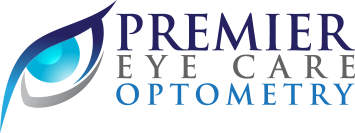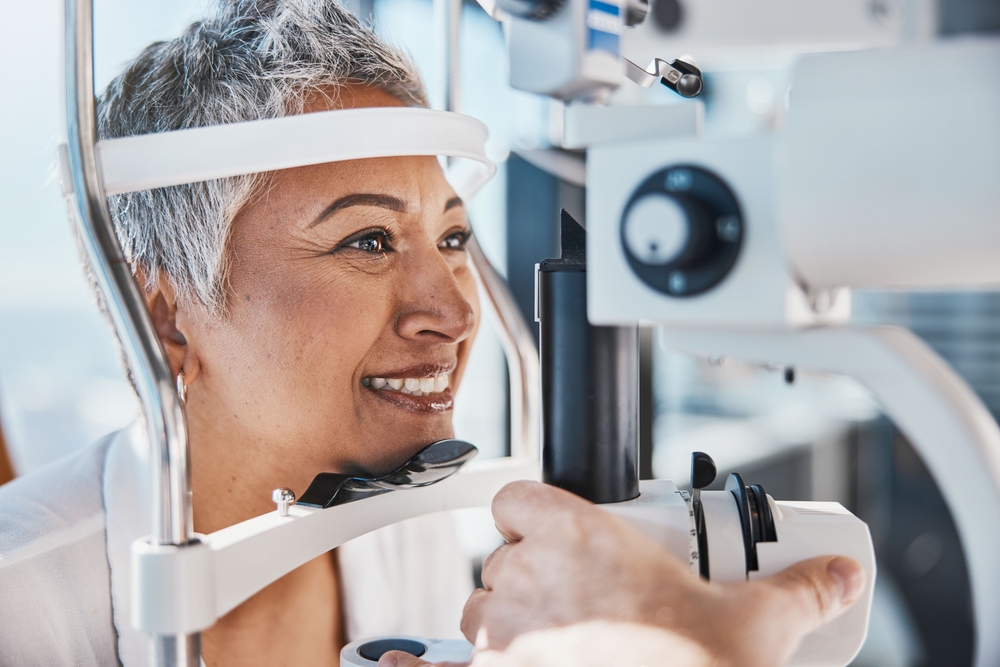Age-related macular degeneration (AMD), as the name implies, is a common eye condition that progressively impacts people as they age. It primarily affects the macula, a small area near the center of the retina, responsible for sharp, central vision necessary for activities like reading, driving, and recognizing faces.
There are two types of AMD: dry and wet. Dry AMD is the most common, accounting for about 80% of cases. It occurs when the tissues of the macula grow thin with age. On the other hand, wet AMD is less common but more severe. It happens when abnormal blood vessels leak fluid or blood into the macula, causing swift and drastic vision loss.
What are the Causes of Age-related Macular Degeneration?
The exact cause of age-related macular degeneration is not fully understood yet. However, several risk factors contribute to its development. Age is the most significant risk factor, with AMD most commonly affecting people over 60. Genetics also play a role, as those with a family history of AMD are at a higher risk.
Lifestyle factors also contribute to AMD's development. Smoking significantly increases the risk, while diet and obesity are also correlated. High blood pressure and high cholesterol levels can also contribute to AMD's onset. Managing these risk factors can significantly help in lowering the chances of developing AMD.
Symptoms and Diagnosis of Age-related Macular Degeneration
The symptoms of AMD often start as a blurriness in the central vision, which gradually worsens over time. People may also experience distorted vision, where straight lines appear wavy or bent. In some cases, individuals might notice a dark area in the center of their vision.
Diagnosis of AMD involves a comprehensive eye exam. An optometrist will check for drusen, tiny yellow deposits under the retina. They may also use an Amsler grid to detect any distortions in your central vision. Other tests, such as a fluorescein angiogram or optical coherence tomography, can be used to identify which type of AMD you have and its severity.
The Importance of Regular Eye Exams
Regular eye exams are crucial in detecting AMD early. Because the condition progresses slowly, many people may not notice the initial symptoms. Regular check-ups allow optometrists to identify and monitor any changes in your eye health, enabling early intervention if necessary.
During an eye exam, your eye doctor can also advise you on how to manage risk factors and possibly slow down the progression of AMD if detected. Early detection is the best defense against age-related macular degeneration.
Prevention Strategies for Age-related Macular Degeneration
While you can't control certain risk factors like age and genetics, there are several prevention strategies to lower your risk of AMD. Leading a healthy lifestyle is key. This includes quitting smoking, eating a diet rich in fruits, vegetables, and fish, maintaining a healthy weight, and regularly exercising.
Regular eye exams, as mentioned, are crucial for early detection and intervention. Additionally, protecting your eyes from harmful ultraviolet light by wearing sunglasses with UV protection can also help prevent AMD.
Certain nutritional supplements can also help reduce the risk of AMD. The Age-Related Eye Disease Study (AREDS) found that a specific high-dose formulation of antioxidants and zinc significantly reduced the risk of advanced AMD.
Take Steps to Protect Your Eye Health Today
Age-related macular degeneration is a prevalent condition that can significantly affect one's quality of life as they age. However, with a good understanding of what it is, its causes, symptoms, and prevention strategies, we can take proactive steps towards maintaining our eye health.
Regular eye exams are crucial for early detection and intervention. Even if you're not experiencing any symptoms, it's vital to get your eyes checked regularly, especially as you age.
For more information on age-related macular degeneration, visit Premier Eye Care Optometry at our San Bernardino, California, office. Call (909) 757-0700 to schedule an appointment today.











